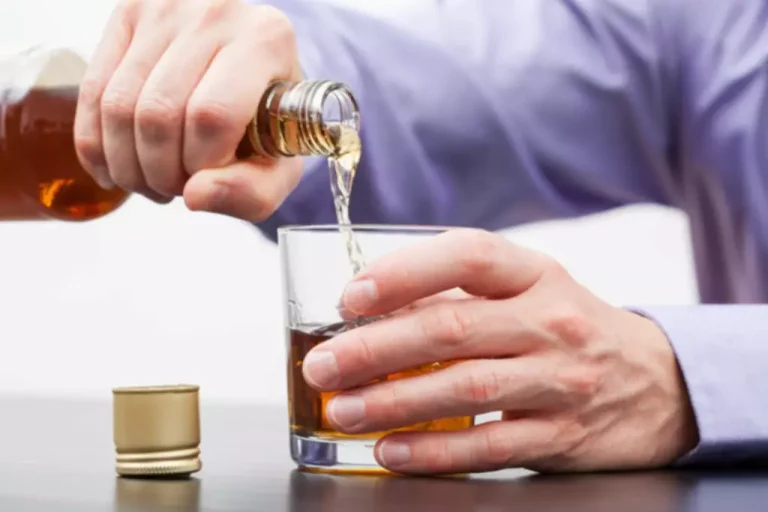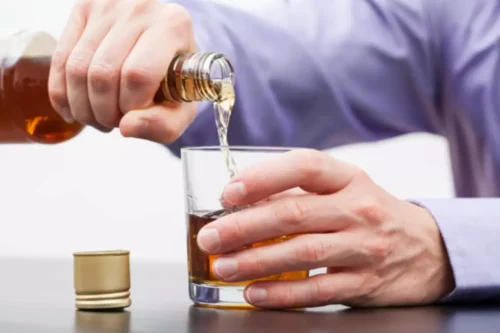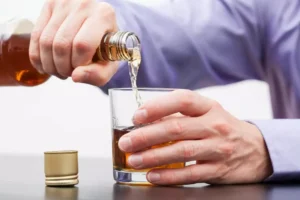How to Handle Peer Pressure Fairfax County Public Schools
- Posted by admin rcs
- On October 25, 2022
- 0

Be prepared to deal with peer pressure by having a response ready. Avoid places where people do illegal activities or other things you feel uncomfortable around. Lean on people for support, like your friends, family, or a therapist. For example, if a person sees that their group of friends spends a lot of time drinking, they may feel pressure to drink, even in the absence of direct peer pressure. Peer pressure to use alcohol and drugs can contribute to substance use disorders, potentially leading to addiction.

Statistics on this experience

For instance, if offered alcohol at a social gathering, a simple, “No, thank you, I’m not drinking tonight” can be a powerful and polite response. Results showed that when desires were experienced in the presence of others enacting that desire, middle-aged and older adults were better at controlling their desires than younger adults. Once a child begins seeing themselves as a part of a community, the desire to fit in may occur for better or worse. This is why it is important to talk to your child early on about peer pressure and how to avoid being led into negative behaviors by their peers. In the case of teens, parents are rarely concerned about the peer pressure their kids may face to engage in sports or exercise, as these are typically seen as healthy social behaviors.
- Peer pressure is a risk factor for drug use, including alcohol use, among both children and adults.
- For example, you may carry the pressure of academic achievement into your career.
- Sometimes it can take meeting new people entirely, or putting ourselves in totally different environments, to get a sense of who we are and what we want.
- At this age, research suggests, group dynamics begin to form among children, and some may be excluded from the larger group.
Use Positive Distractions
Usually, in the context of resisting drugs and alcohol or other dangerous behaviors. Overcoming peer pressure is a pivotal aspect of addiction recovery, and it requires a multifaceted approach. To navigate this challenge effectively, it’s crucial to understand the key elements that contribute to success. Peer pressure comes in various forms, which of the following is a type of indirect peer pressure? each with its unique challenges.
- While some people may experiment with alcohol or drugs once or twice and decide it’s not for them, others who begin using a substance may find it difficult to quit.
- The researchers found that the influence of peer pressure continues into early adulthood, while middle-aged and older adults are better at controlling their desires.
- Peers can be your friends who are about your age and have similar interests and experiences.
- This blog is the project of Harley Therapy™ – Psychotherapy & Counselling.
- So if you got to the end of your teen years without any help to recognise your personal value despite trauma, you might be more likely to be an adult who can’t stick up for themselves.
Peer Pressure Beyond Childhood
Another of the key strategies for handling unspoken peer pressure is to maintain authenticity. Stay true to your values and recovery goals, even if it means standing out or going against the grain. Seek support from like-minded individuals who respect your choices and provide encouragement on your journey. Individual vulnerabilities and personal triggers are other significant causes of adult peer pressure. Past traumas, unresolved issues, and emotional stressors can make individuals more susceptible to the influence of peers.

Have you ever been pressured to have “one more drink,” or stay out later than you said you’d be home? If so, you’ve been a victim of peer pressure—chances are, most of us have. Peer pressure is the process by which members of the same social group influence other members to do things that they may be resistant to, or might not otherwise choose to do.




0 comments on How to Handle Peer Pressure Fairfax County Public Schools